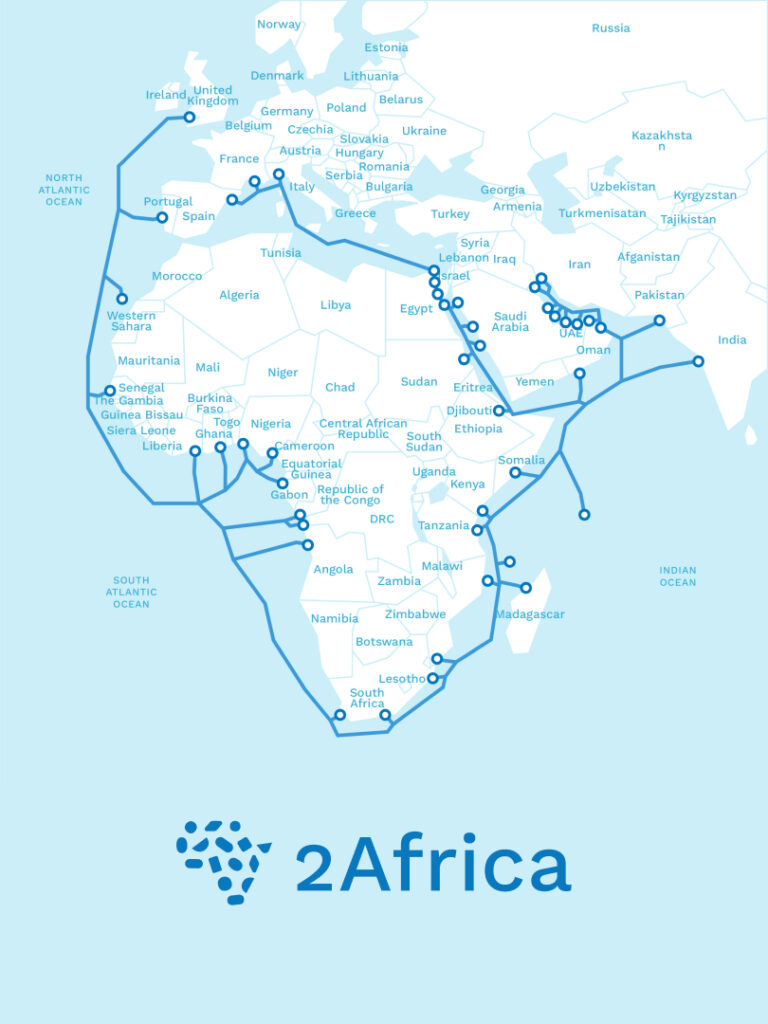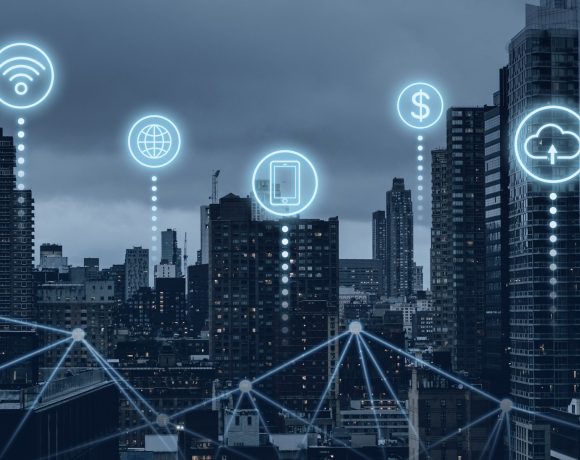New undersea cable set to boost Pakistan’s internet speed

Part of 2Africa project
Internet users in Pakistan are set to experience a significant upgrade in connectivity with the imminent completion of a new undersea cable linking the South Asian country to Africa. The cable link, part of the expansive 2Africa project, is expected to become fully operational in the coming days.
The 45,000 km-long undersea cable has a capacity of 180 terabits per second and promises to significantly enhance internet speeds for Pakistani users, benefiting social media users and various online services.
The 2Africa project is a major global initiative to connect Africa, Europe, and Asia to bring affordable, high-speed internet to three billion people. It features 46 landing stations across 33 countries. The initiative is crucial to enhancing the world’s digital infrastructure and addressing the growing demand for high-speed internet.

According to the World Population Review, Pakistan ranks 198th globally for internet speed. With average mobile internet download speeds of just 19.59 Mbps and broadband speeds averaging 15.52 Mbps, the country lags behind numerous nations, including Palestine, Bhutan, Ghana, Iraq, Iran, Lebanon, and Libya.
In stark contrast, the United Arab Emirates leads the world in mobile and broadband speeds, followed by Singapore and Qatar.
Frustration has been mounting among Pakistani internet users in recent months due to slow speeds and frequent outages. This has been particularly concerning for the freelancing community, which heavily relies on stable internet access for their livelihoods. The ongoing connectivity issues have raised alarms about potential job losses in sectors that depend on reliable internet services.
Internet use in Pakistan has surged recently, driven by increased smartphone adoption and affordable data plans. As of 2024, around 124 million people are online, with social media platforms and e-commerce gaining popularity.
However, challenges persist, including inconsistent internet speed and coverage, especially in rural areas. Efforts are underway to enhance infrastructure, with initiatives like the Pakistan Digital Policy aiming to boost connectivity and facilitate a digital economy that will benefit the education and business sectors.
Hero image: According to the World Population Review, Pakistan ranks 198th globally for internet speed. Credit: Anas Ahmed












